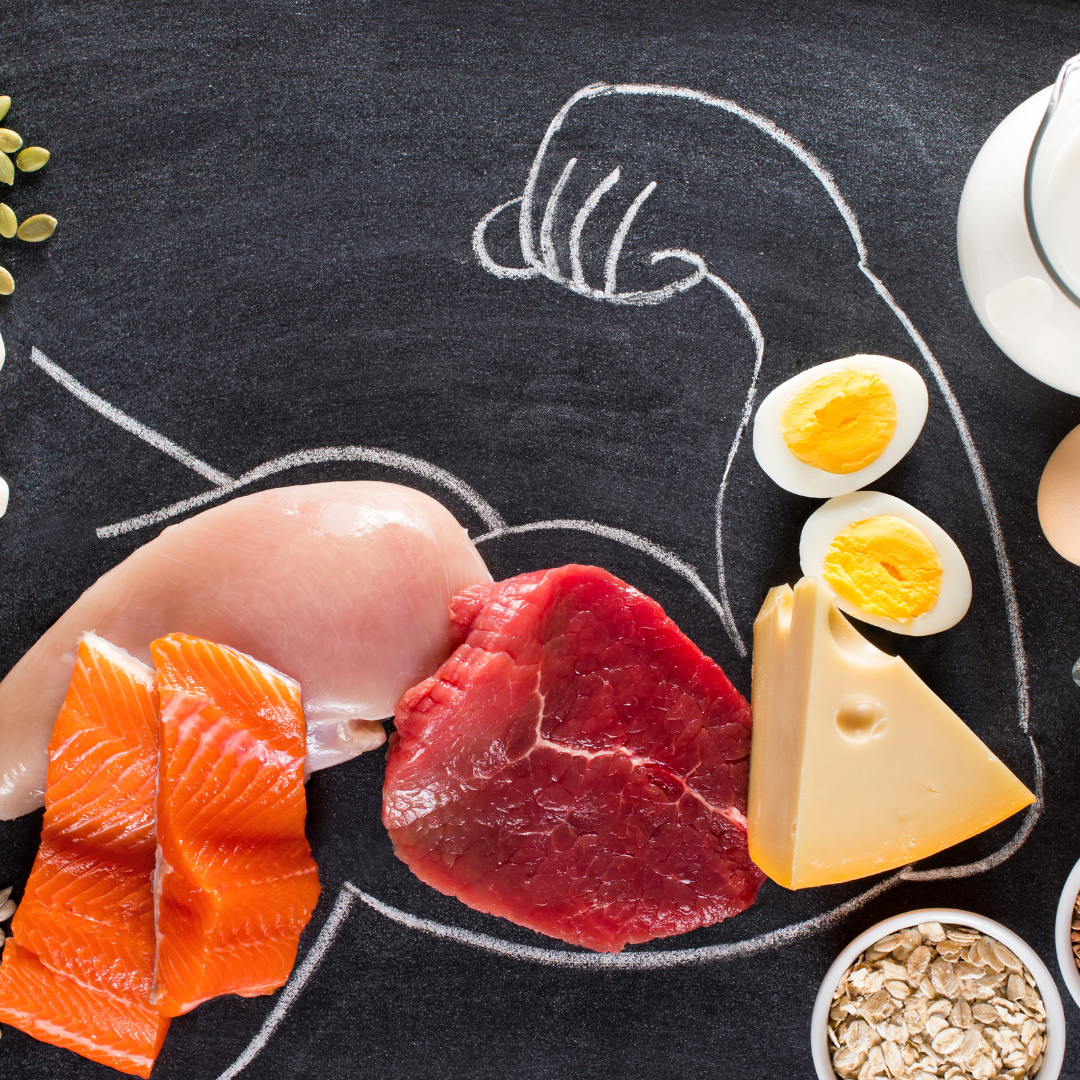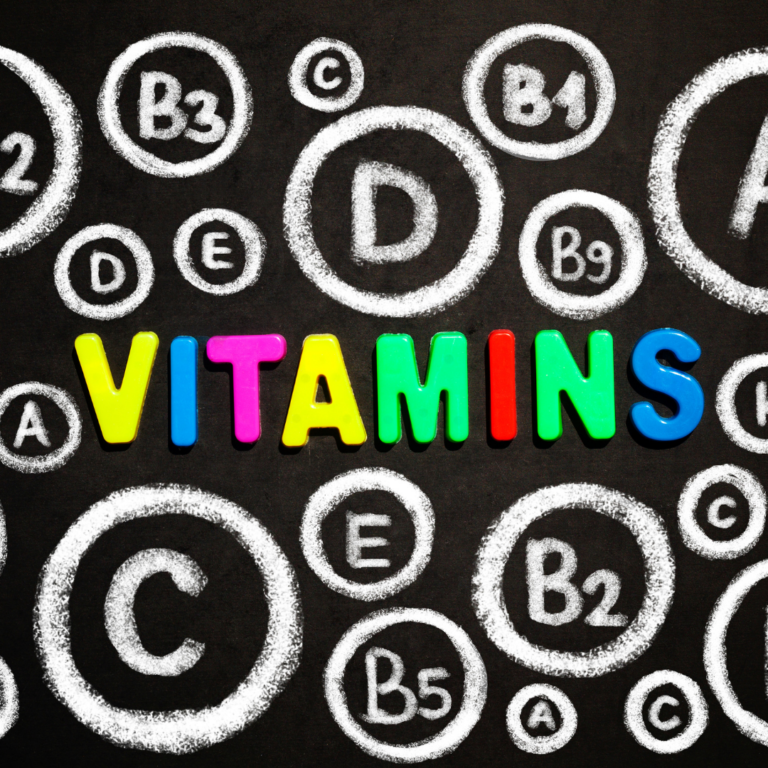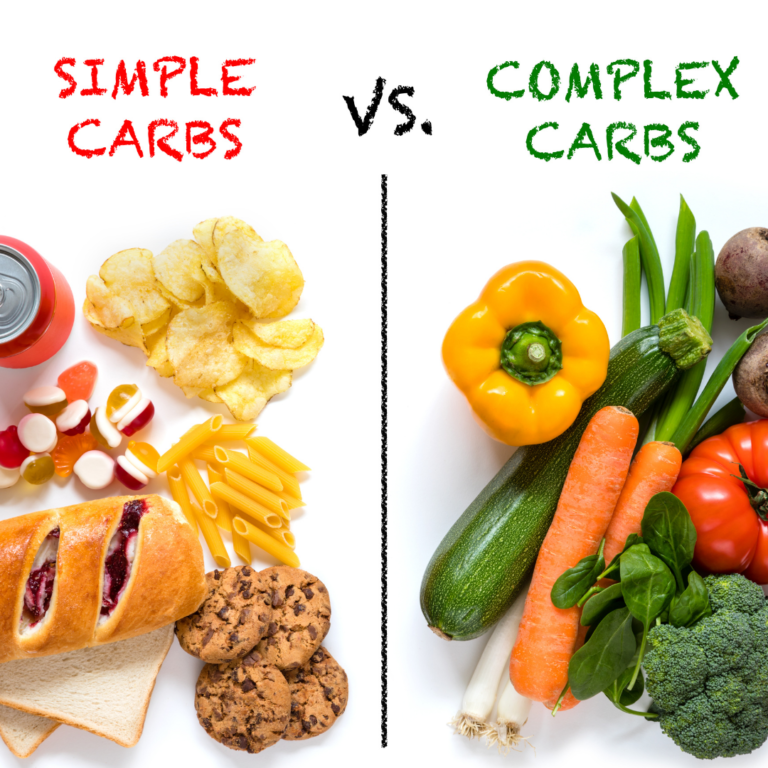Protein is often hailed as the cornerstone of a healthy diet, especially for those aiming to build muscle, lose weight, or maintain overall wellness. But with so much information—and misinformation—out there, how do you determine what your protein intake actually is? In this blog, we’ll delve into the science behind protein requirements, factors that influence your needs, daily recommendations for various lifestyles, and practical tips for incorporating the right amount of protein into your diet.
The Science Behind Protein Requirements
Protein is essential for various bodily functions, including tissue repair, muscle growth, and the production of enzymes and hormones. But how much protein is necessary to support these functions?
- Protein and Muscle Maintenance: Protein helps repair and build muscle tissues. Without adequate protein, your body can’t perform these crucial processes efficiently.
- Metabolism Support: Protein supports metabolic processes and enzyme functions, which are vital for energy production and nutrient utilization.
- Immune Function: Proteins play a key role in maintaining a healthy immune system.
Factors Influencing Your Protein Needs
Several factors can affect how much protein you need:
- Activity Level: Athletes and active individuals generally require more protein to support muscle recovery and growth.
- Age: Older adults may need more protein to help prevent muscle loss.
- Health Goals: Whether you’re aiming to lose weight, build muscle, or maintain your current physique, your protein needs will vary.
- Dietary Preferences: Vegetarians and vegans might need to pay more attention to their protein sources to ensure they’re getting enough.
Daily Protein Intake Recommendations for Different Lifestyles
Understanding your protein needs can help you optimize your diet. Here are some general guidelines:
- Sedentary Adults: About 0.8 grams of protein per kilogram of body weight. For a 150-pound person, this equates to around 55 grams per day.
- Active Adults: 1.2 to 2.0 grams per kilogram of body weight, depending on the intensity of physical activity. A 150-pound athlete might need between 82 to 136 grams per day.
- Older Adults: Approximately 1.0 to 1.2 grams per kilogram of body weight to help preserve muscle mass.
- Weight Loss Goals: Higher protein intake can help maintain muscle mass during weight loss. Aim for 1.5 to 2.2 grams per kilogram of body weight.
Myths and Facts About Protein Intake
There are many myths surrounding protein intake. Let’s debunk a few:
- Myth: More protein always means more muscle. Fact: While protein is essential for muscle growth, overconsumption won’t necessarily lead to more muscle and can strain the kidneys.
- Myth: Only animal protein is effective. Fact: Plant-based proteins can be just as effective when consumed in adequate amounts and combined properly.
- Myth: You can’t consume too much protein. Fact: Excessive protein intake can lead to health issues, such as kidney damage and nutrient imbalances.
Tips for Incorporating the Right Amount of Protein into Your Diet
Here are some practical tips to help you get the right amount of protein:
- Spread It Out: Distribute your protein intake evenly across meals to maximize absorption and muscle synthesis.
- Mix Your Sources: Include a variety of protein sources—both animal and plant-based—to ensure a complete amino acid profile.
- Snack Wisely: Choose high-protein snacks like Greek yogurt, nuts, or protein bars to keep your protein levels up throughout the day.
- Use Supplements If Needed: Protein powders can be a convenient way to meet your daily requirements, especially for athletes and busy individuals.
Conclusion
Determining your protein needs is crucial for achieving your health and fitness goals. By understanding the science behind protein requirements, considering the factors that influence your needs, and following daily recommendations, you can ensure you’re getting the right amount of this essential nutrient. Remember, it’s not just about how much protein you consume, but how you incorporate it into a balanced diet. If you need personalized advice or a tailored nutrition plan, consider scheduling a FREE discovery session with us at The Mapes Mindset. Let’s work together to optimize your diet and achieve your wellness goals!







